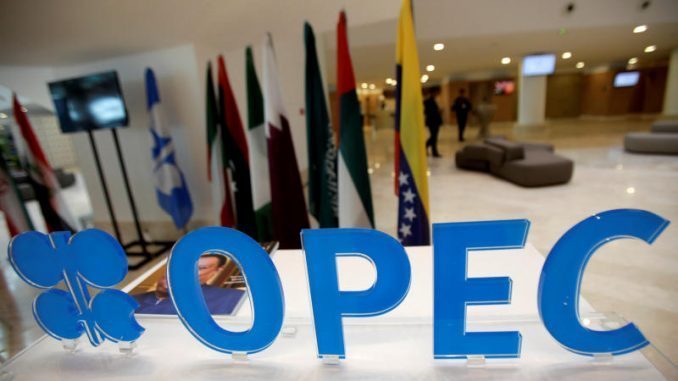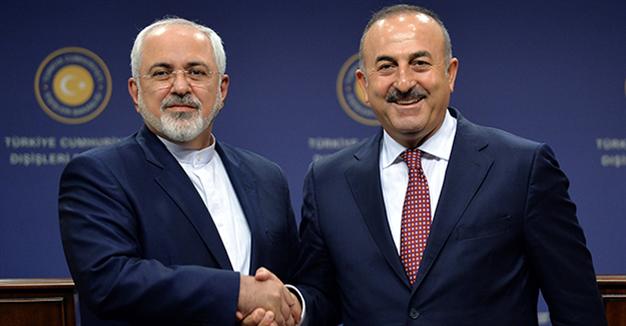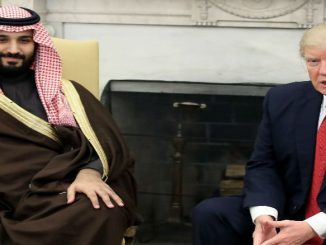
In a surprise move, Saudi Arabia’s Energy Minister Khalid al-Falih said on Sunday that he believed the oil market would balance itself in 2017 even if producers did not intervene, adding that keeping output at current levels could, therefore, be justified.
Speaking to reporters at the headquarters of national oil giant Saudi Aramco, Al-Falih said “We expect the level of demand to be encouraging in 2017, and the market will reach balance in 2017 even if there is no intervention by OPEC. But OPEC’s intervention aims to expedite this balance and the market recovery at a faster pace.”
Following the news, The Saudi Minister has insisted on the possibility of the existence of multiple solutions in order to recover the oil markets.
He added: “I don’t think that we have one path only in OPEC meetings, which is cutting production – I think maintaining production at current levels is justifiable, taking into consideration the recovery of consumption and growth in developing markets and the United States.”
OPEC’s de facto leader confuses the oil market
On the other hand, just days before the OPEC talks in Vienna, top OPEC oil exporter Saudi Arabia has told the producers group it will not attend talks on Nov.n28 with non-OPEC producers to discuss limiting supply,as it wants to focus on having consensus within the organization first.
Oil prices reportedly fell sharply after Saudi Arabia pulled out of a scheduled meeting with Russia and other oil producers outside the Organization of Petroleum Exporting Countries.
Brent crude oil, the global benchmark, was trading at $47.12 a barrel, lower by almost 4 percent, but dipped below the $47 mark several times in the preceding hour. WTI Crude, the U.S. benchmark, was trading at a loss of over 4 percent at $45.96 a barrel.
This drop in prices came despite crude oil prices had recovered during the past week after Iran, an OPEC member reluctant to agree to production cuts, signaled its willingness to fall in line with the cartel’s plans.
Will Saudi Arabia kill OPEC to serve Mohamed bin Salman’s vision?
According to an OPEC source, Saudi Arabia said that it will not attend the meeting because the ministers should agree to the cut and then present the agreement to non-OPEC countries.
“Before we meet with non-OPEC and ask them to participate in any action, we have to have an agreement that is credible with clear numbers and a system that the market believes,” Gulf source familiar with Saudi oil thinking told Reuters on Friday.
It is noteworthy that Despite extensive diplomacy, the OPEC side of the deal still faces setbacks from Iraq’s call for it to be exempt and from Iran, which wants to increase supply because its output has been hit by sanctions.
Also, OPEC organization which is seeking to finalize its own supply cuts of as much as 1.1 million barrels a day after the next week meeting in Vienna , has asked non-members to contribute by cutting daily production by about 500,000 barrels.
From its side and facing pressure from OPEC to make a significant output reduction, Russia reiterated its readiness to freeze oil production at current levels, arguing that the offer amounted to a cut compared with next year’s plans.
Russia Energy Minister Alexander Novak told reporters in Moscow last Thursday, that OPEC production proposal means Russia pumping 200,000 to 300,000 barrels a day less than planned in 2017, and it is “quite a difficult and harsh situation for us as our plans envisioned an output growth next year”, according to Bloomberg.
But, in the same context, the Russian Minister said, “While there’s actually nothing new from Russia today, Moscow is changing its rhetoric to show its commitment to a deal, and trying to convince OPEC partners.”
Why Saudi Arabia canceled the planned meeting with Russia suddenly?
In an article titled ” Why Did Saudi Arabia Kill OPEC?”, on Oil Price magazine last Friday, Nick Cunningham, specialized in the energy and environmental issues, said that Saudi Arabia’s willingness to go alone will make an oil deal all but impossible.
He said, “Saudi Arabia has gone further to distance itself from OPEC. In April, Saudi Arabia scuttled the production freeze deal in Doha, killing what would have been only a modest agreement that put limits on oil output.”
Also, he added, “The Saudi government has very little inclination to limit its output just as its strategy is bearing fruit, and even less of a willingness to work with Iran”, citing that “The main takeaway from Saudi Vision 2030 is that there’s just no role for OPEC.”
On May 24, Bloomberg published an article saying that The Saudi Deputy Crown Prince did not care for the oil price and that the strategic shifts in Saudi policies mean that Saudis do not need OPEC anymore.”
King Salman on May 7 replaced Ali al-Naimi, the most influential voice in OPEC and the architect of current Saudi oil policy.His replacement, Khalid Al-Falih, is an ally of Prince Mohammed, who scuppered a plan al-Naimi had supported for capping production.
In an interview with Mohamed Bin Salman in Riyadh in April, he said, “We don’t care about oil prices, $30 or $70, they are all the same to us. We have our own programs that don’t need high oil prices”
It is noteworthy that when producers considered freezing output to curb a global glut in April, the young royal’s view that no deal was possible without Iran, prevailed, and talks collapsed.



